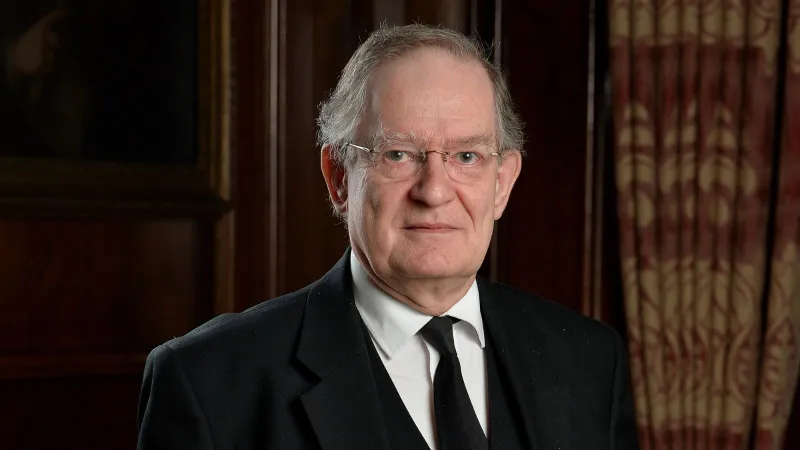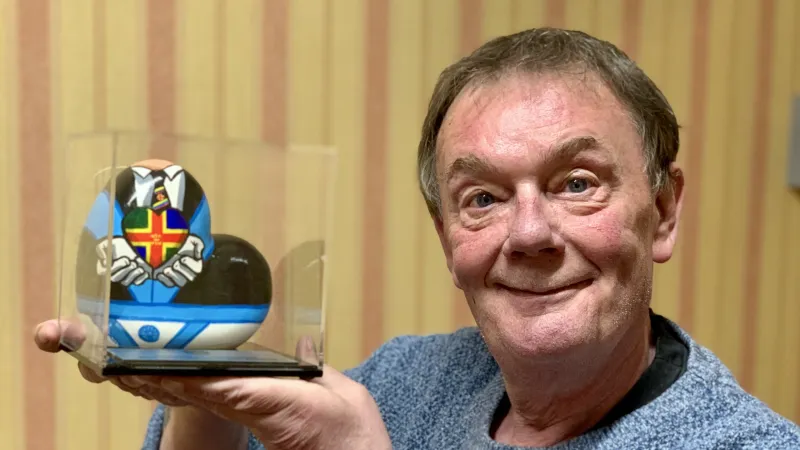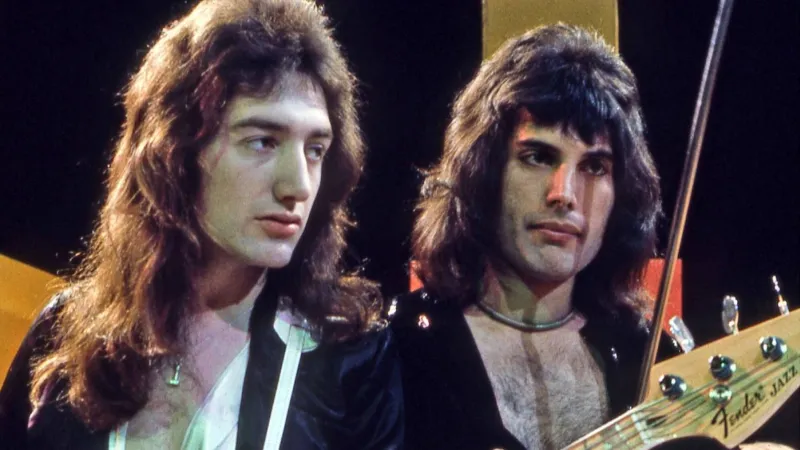When he isn’t preparing for his new role as Pro Grand Master, attending one of no fewer than 14 Lodges, or managing the investment portfolio of a Cambridge college, Jonathan Spence likes to spend his weekends refereeing rugby matches. His approach, he reveals, is to be as low-key and unobtrusive as possible – get the big calls right, but otherwise stay out of the way so the game can flow. It’s a style he’ll have to adapt rather than adopt outright when he replaces Peter Lowndes as Pro Grand Master in September because as well as maintaining official duties as the Grand Master’s official representative, Jonathan will be arriving in time to oversee the introduction of a new seven-year strategic roadmap for the Craft and Royal Arch – something he believes will require him to lead by very visible example.
‘The roadmap needs to be implemented in thousands of Lodges and Chapters,’ says Jonathan from the Pro Grand Master’s panelled office at Freemasons’ Hall. ‘I will be involved in helping send the message to the membership that it is very important we get this right. The Grand Master has always set the best example and now it’s on all of us – Provincial and District Grand Masters and Grand Superintendents, deputies, all their executives, all grand officers and every single member down to the newest entered apprentice – we all have a role to play in taking us through 2022 and beyond. Our mission is to make sure we are a thriving organisation, one that people are willing to be part of and one in which those who join are willing to participate.’
Jonathan has certainly thrived as a Freemason. He joined at the first possible opportunity, when an invitation to apply to his old school Lodge in Rochester arrived in the post along with cards for his 21st birthday. He was initiated just short of his 22nd birthday and is now a member of more than a dozen Lodges, including in Cambridge, where he works as Bursar of Queens’ College, and Oxford, where he studied theology.
The bulk of Jonathan’s career was spent in the City, where he rose to become Chief Executive of Singer & Friedlander Limited. He resigned that role in 2006 when the bank was bought by Icelandic bank Kaupthing, an acquisition that ended in disaster when the firm went into administration in 2008 and several Icelandic directors were jailed. ‘It was very clear to me that it was not going to end well,’ he recalls. ‘I did my duty and told the regulators it was not going to go well and then resigned. People sometimes ask what Freemasonry has done for me and I say it has helped me to understand that you must try to do what is right even in challenging circumstances. This was a practical application.’
In return, Jonathan has brought some of the skills he developed in the City to Freemasonry. One of his first tasks upon appointment in 2009 as Deputy Grand Master – after six years as Grand Director of Ceremonies – was to oversee the amalgamation of the four Masonic charities into a single charity, something he describes as ‘the toughest corporate finance deal I have ever done’. It took seven years and a lot of hard work, but the restructuring had tangible benefits for Freemasonry and the wider community. ‘It had to be done,’ he says. ‘There was a lot of duplication. I looked at it completely cold and could see it wasn’t sustainable and was leaving gaps in provision and support.’
Alongside these core skills come City-tuned concepts about leadership that Jonathan feels can be applied to Freemasonry. He talks about the importance of adopting ‘good practice’ rather than ‘best practice’ because ‘best’ implies there is no room for improvement while ‘good’ leaves the possibility of continuous development. He also talks about a ‘yes, if’ rather than a ‘no, because’ approach – an essential asset if Freemasonry is to thrive. He cites an example – that of exploring the feasibility of conducting occasional Quarterly Communication or Grand Chapter meetings outside London to make life easier for people coming from more distant Provinces. This was considered almost 30 years ago, but he wants to see if it will work now. That’s the ‘yes, if’ rather than ‘no, because’ approach in a nutshell, he explains.
Jonathan chaired the strategy group that created the seven-year roadmap, which focuses on the importance of building a thriving membership. That means attracting new Freemasons and ensuring existing members are happy and fulfilled, creating an organisation that everybody wants to be a part of. ‘In Freemasonry, people hesitate to use the word fun, but people join for one of 20 or more different reasons,’ he says. ‘All of them are valid and there is no sole reason they join – but they do have to enjoy it.’
The strategy will incorporate the Royal Arch alongside Craft, with an oversight committee to monitor progress. Jonathan will assume the role of Pro First Grand Principal as well as Pro Grand Master, and emphasises the importance of the Royal Arch within UGLE. ‘The Craft and Royal Arch need to work seamlessly together. We must get better at explaining why the Royal Arch enriches the Craft experience of members, how valuable it is and how it is the natural next stage after becoming a Master Mason.’
Although he is looking forward to his new role, Jonathan takes care to pay tribute to his predecessor. ‘I am nervous because Peter is an extraordinary act to follow, but when I have succeeded him in roles, he is brilliant at letting me do it in my own way,’ he says. ‘Whenever I am asked to do something, I try to do it to the best of my ability. Otherwise, it is disrespectful to the person who asks and disrespectful to yourself. In my working life, I always wanted to be in a role where I can make a difference and it’s the same whether its Freemasonry, the parish or the rugby club. That is what motivates me. With Freemasonry, it’s the camaraderie and the feeling you can make a positive difference.’


